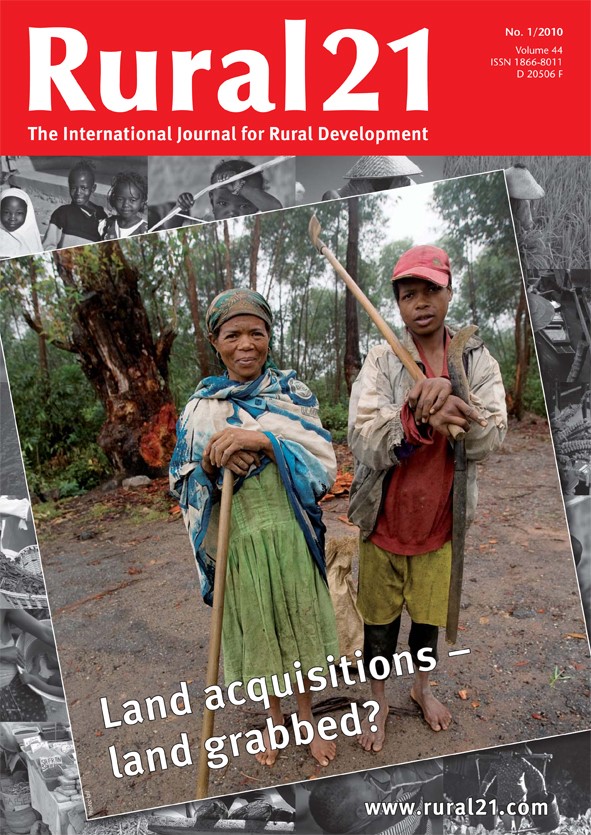The context of REDD+ in Vietnam: Drivers, agents and institutions
PUBLISHER'S ABSTRACT: This report discusses the political, economic and social opportunities and constraints that will influence the design and implementation of REDD+ in Vietnam. In particular, four major direct drivers (land conversion for agriculture; infrastructure development; logging (illegal and legal); forest fire) and three indirect drivers (pressure of population growth and migration; the state's weak forest management capacity; the limited funding available for forest protection) of deforestation and degradation in Vietnam are discussed, along with their implications for REDD+.



